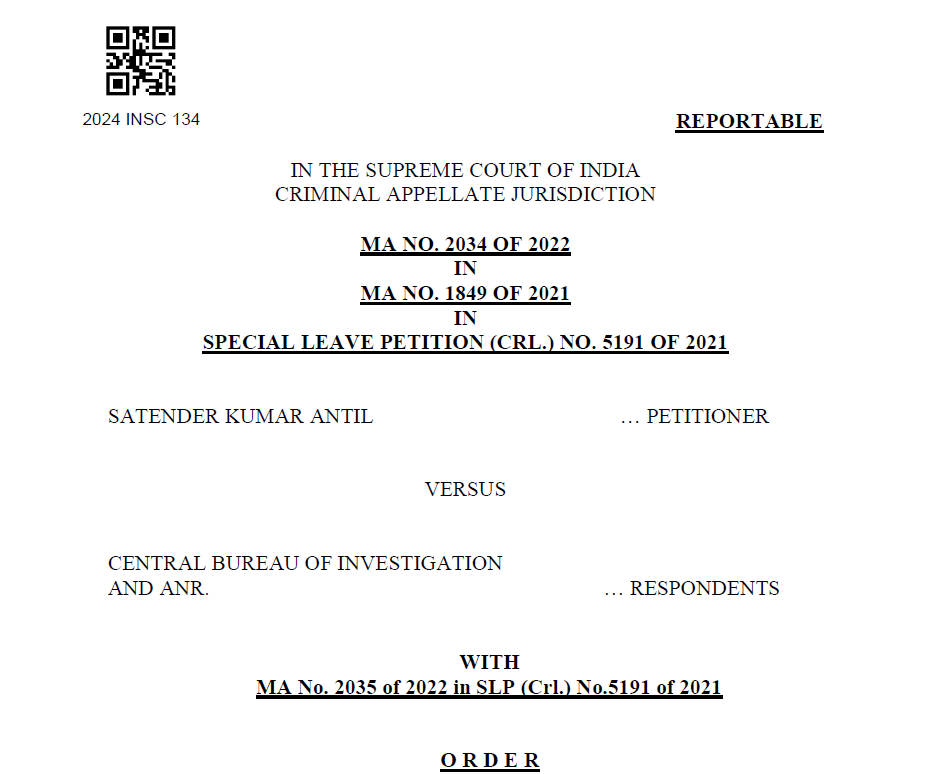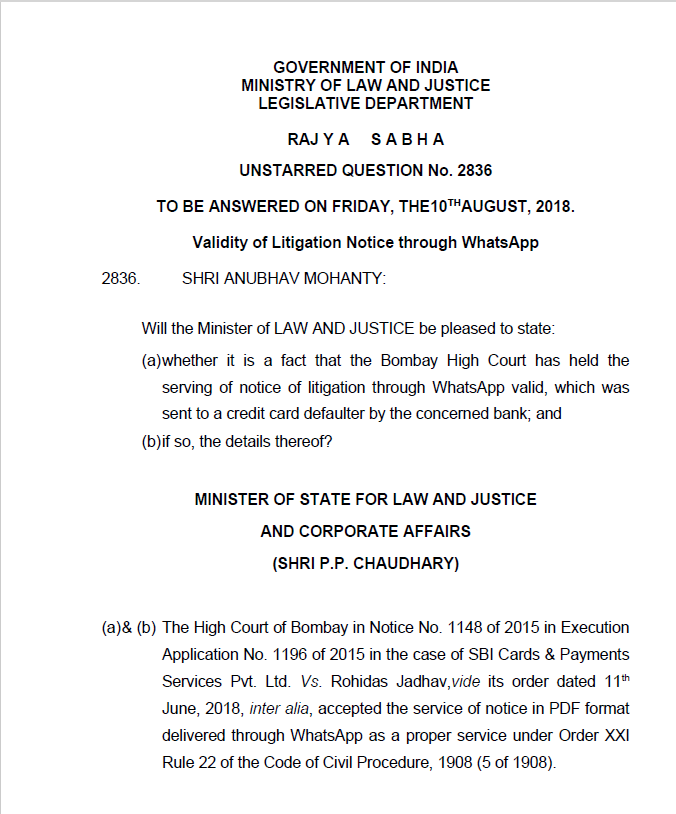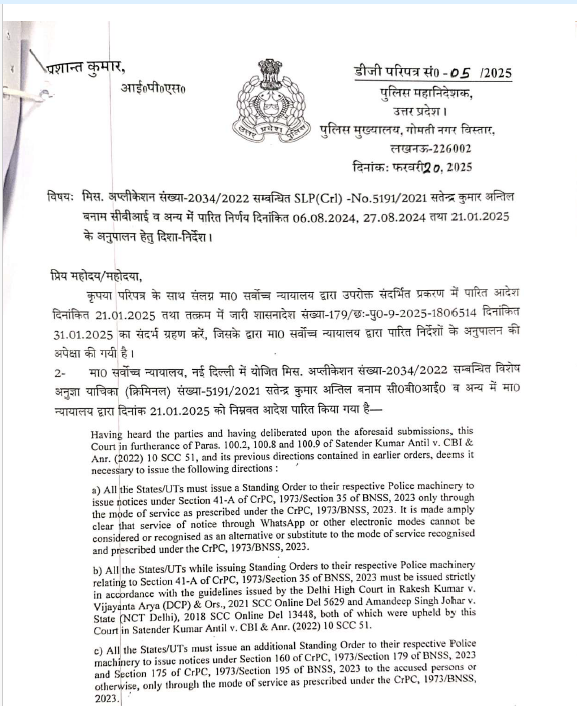The Legal Validity of Serving Summons via WhatsApp
- M.R Mishra

- Aug 7, 2025
- 3 min read
In recent years, the advent of digital communication has transformed legal practice, including the service of summons and notices. The use of WhatsApp, a widely popular messaging platform, as a means of serving legal documents has sparked significant debate on its validity under Indian law.
While the law advances with technology, it remains anchored to procedural safeguards designed to ensure fairness and certainty in legal proceedings.
Under the new framework introduced by the Bharatiya Nagarik Suraksha Sanhita (BNSS) of 2023, which parallels certain provisions of the older Criminal Procedure Code (CrPC), the service of summons in criminal and police matters is held to stringent standards.
Specifically, Section 35 of the BNSS (mirroring Section 41A CrPC) spells out the procedural requirements for police notices. In a landmark judgment delivered in 2025 by the Supreme Court in the case of Satender Kumar Antil v. CBI, it was emphatically ruled that such notices must be served physically.

The Court explicitly declared the service of summons through WhatsApp, emails, or other electronic means as invalid in criminal proceedings, mandating personal, physical delivery. This ruling seeks to preserve the sanctity and assuredness of service in matters where liberty or criminal accountability is at stake, reflecting the Judiciary’s rigorous adherence to traditional modes of notification in criminal law.
Conversely, civil, commercial, and some urgent matters have been accommodated with a more flexible approach, recognizing the practicalities of modern communication tools. Courts across India have increasingly accepted summons and notices served via WhatsApp, provided certain key conditions are satisfied. Central among these is demonstrable proof that the message has been delivered and read, commonly evidenced by the blue tick feature on WhatsApp, accompanied by clear screenshots with time stamps.
However, mere screenshots alone do not suffice for evidentiary purposes. The Indian Evidence Act’s Section 65B, now renumbered as Section 61 of the Bharatiya Sakshya Adhiniyam, 2023, governs the admissibility of electronic records.
To meet these requirements, the originating party must accompany the electronic evidence with a proper certificate affirming the authenticity and integrity of the digital record. This certificate must be issued by a responsible person connected to the device or system from which the data originated, providing assurance that the electronic record is genuine, unaltered, and reliable.
Case Laws:
Several key judicial precedents underscore this legal position.
The Bombay High Court in 2018, through rulings like Kross Television India Pvt. Ltd. v. Vikhyat Chitra Production and SBI Cards & Payments Services Pvt. Ltd. v. Rohidas Jadhav, validated WhatsApp messages with blue ticks as prima facie evidence of service, subject to corroboration with appropriate certification.

The Supreme Court also extended this recognition during the exceptional COVID-19 period, allowing electronic service to facilitate urgent judicial processes.
For advocates navigating this nuanced terrain, these developments provide both opportunity and caution. Using WhatsApp to serve summons and notices in civil or commercial cases can be efficient and effective when backed by meticulous documentation and a Section 65B/61 certificate.
However, for criminal or police notices under BNSS or CrPC, electronic service is unequivocally insufficient, potentially rendering the service invalid and jeopardizing the proceeding.
As the judiciary balances tradition with innovation, adherence to procedural rigor remains paramount in upholding the rule of law amidst digital transformation. This cautious yet forward-looking approach reflects India’s evolving legal ethos embracing change without compromising justice.
Disclaimer:This blog is for informational and Educational purposes only and does not constitute legal advice. For specific legal concerns, please consult a qualified professional.








Comments